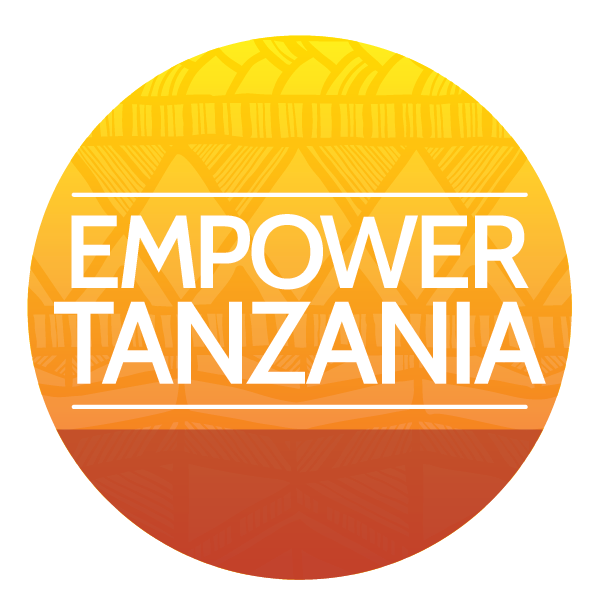Clean Safe Water
Improving Women’s Health Program. The name says it all! In a country where malnutrition, malaria, and waterborne diseases are daily facts of life, prevention education is EXCITING! This was evident in the recent training workshop done by ETI to get the Community Health Educators of the IWHP program ready to go out and start working, beginning with the most basic need in life: clean safe water.
Dr. Jeff Carithers (U.S.) and Ms. Efrancia Nzota (Tanzania), who coordinate this program, held a 6 day workshop in Same, focused on
How to do a public presentation
Video content
AV equipment and how to use it
Technical info on the subject matter
Each of the 26 Community Health Worker works in her own village and the surrounding small villages. She finds women willing to get a few friends together, up to 20-30 people at a time, and they gather to learn about the current topic, which happens to be Clean and Safe Water right now.
What is the difference between filtering the water to make it clean, and boiling it to make it safe?
How does your method of storage affect the incidence of contamination?
What are some ways safe water becomes recontaminated in the kitchen?
These are just a few of the practical, simple steps that can be taken by any woman to provide her family with clean, safe water to drink, and avoid the many problems that come with water here, such as Hepatitis, Typhoid, Cholera, and bacterial diarrhea.
The World Health Organization says that every year more than 3.4 million people, most in Africa and Asia, die as a result of water related diseases, making it the leading cause of disease and death around the world. Most of the victims are young children, the vast majority of whom die of illnesses caused by organisms that thrive in water sources contaminated by raw sewage.
“At any given time, close to half the population of the developing world is suffering from waterborne diseases associated with inadequate provision of water and sanitation services,” explains resources analyst Erik Peterson, of the Center for Strategic and International Studies in Washington. “There are about four billion cases of diarrhea disease per year, resulting in about one or two million deaths, some ninety percent of which, tragically, are in children under the age of five.” Jeff and Efrancia did a mock presentation, using the video equipment to show the Educators how to use it
Ms. Nzota recently wrote recently, to describe the first few weeks of presentations in the villages….
Hi Dr. Jeff I hope you are doing great over there. Me too, i’m doing just fine. The reason i’m writing to you is to let you know how things are moving on with the CHEs in the community. The CHEs are so enthusiastic about the program, that i can tell you. We are communicating through phone calls, and they said, the community is receiving them with a passion to learn more, and the positive changes have been noticed already. The CHEs have get a very good support from the Ward Executive Officers also.
Regards, Efrancia
IWHP is one of ETI’s most ambitious programs to date, with the potential to impact tens of thousands of women in the Same District. We will visit again in March to make sure things are going well and do some further training with the Community Health Educators, but in just the first month, the program looks very promising! Stay tuned for more as the year goes on!
